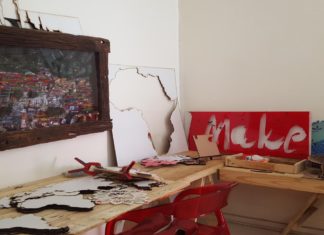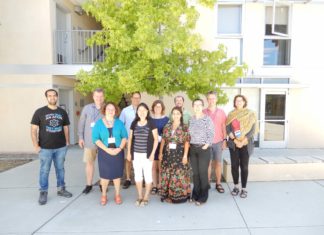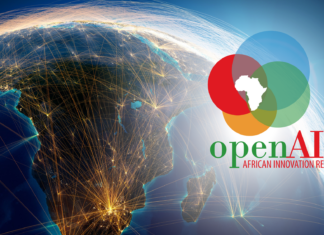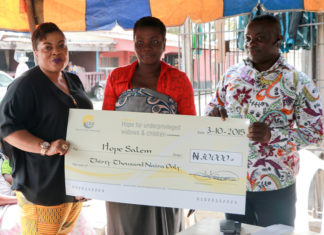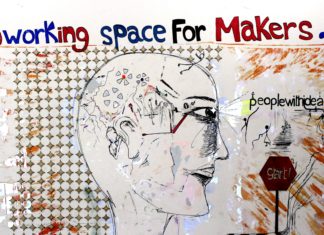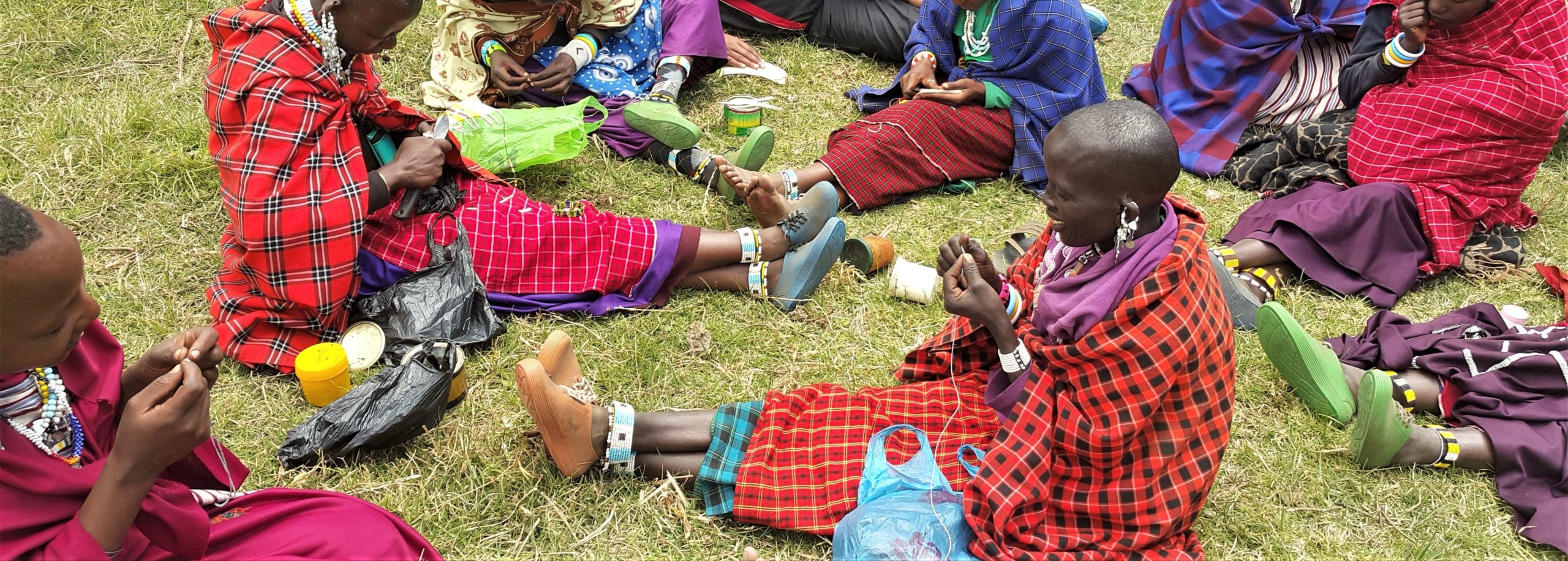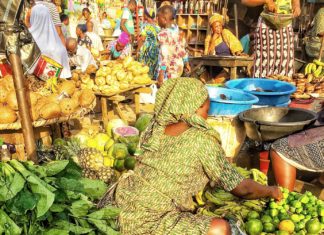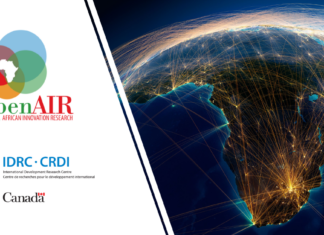The Blue Economy and The Need for Open IP
By Eashan Karnik, cross-posted from Smart Prosperity Institute
The need to adopt clean energy technologies is a pressing issue not
just in Canada, but internationally...
WIPO IGC 39: Unraveling the Tiered Approach to TK/TCEs
By Chidi Oguamanam
One of the major innovations of the IGC, in its long-running search for international legal instruments for the effective protection of TK/TCEs...
Innovation by “makers” in South Africa’s Gauteng Province
The “Makers” who come together to tinker and hack in the maker collectives of South Africa’s Gauteng Province display a wide range of innovation practices, our research for Open AIR has found.
Our study, Collaboration and Appropriation in Gauteng Makerspaces, investigated the activities of eight Gauteng maker collectives. The findings have now been published in Open AIR Working Paper 6, entitled The Maker Movement in Gauteng Province, South Africa.
The Many Faces of Scholarly Communications
By Nagham El Houssamy
The FORCE11 Scholarly Communications Institute was held at the University of California San Diego from 31 July until 4 August 2017....
2024 Global Health Security Conference Event
By Charlotte Galvani and Jeremy de Beer
Negotiations toward a new international treaty on pandemic preparedness and response have failed to reflect a rights-based consensus...
How Women’s Economic Empowerment Is Tackling Poverty in Southwest Nigeria
By Esther Adekunbi Mobolayo
I started my QES in January 2020 but, within months, the COVID-19 pandemic broke out. At first, it appeared as if...
Egypt’s New Investment Law: Creating Better Opportunities for Small Businesses?
By Sarah El Saeed
The Egyptian Government has begun in pushing through a fiscal and monetary reform plan that includes various unpopular austerity measures. In...
Gender, IP, and Innovation: Open AIR’s Future Research
The Open AIR network seeks to bring, among other things, a gendered perspective to our research. We are exploring the nexus between feminist literature, intellectual property, information technology, and innovation; connecting these approaches into the network’s future priorities.
Women Bridging the Gap of Change and Innovation in Africa
By Mnena Abuku
Women
in Africa have faced a diversity of struggles in their efforts toward
sustainable development. This is largely because globalisation has brought more
burdens upon...
Nouveau financement pour le réseau Open AIR
Open AIR ouvre la voie à une réglementation sur l’innovation plus équitable
Le Centre de recherche pour le développement international (CRDI) a octroyé à Open AIR près...



